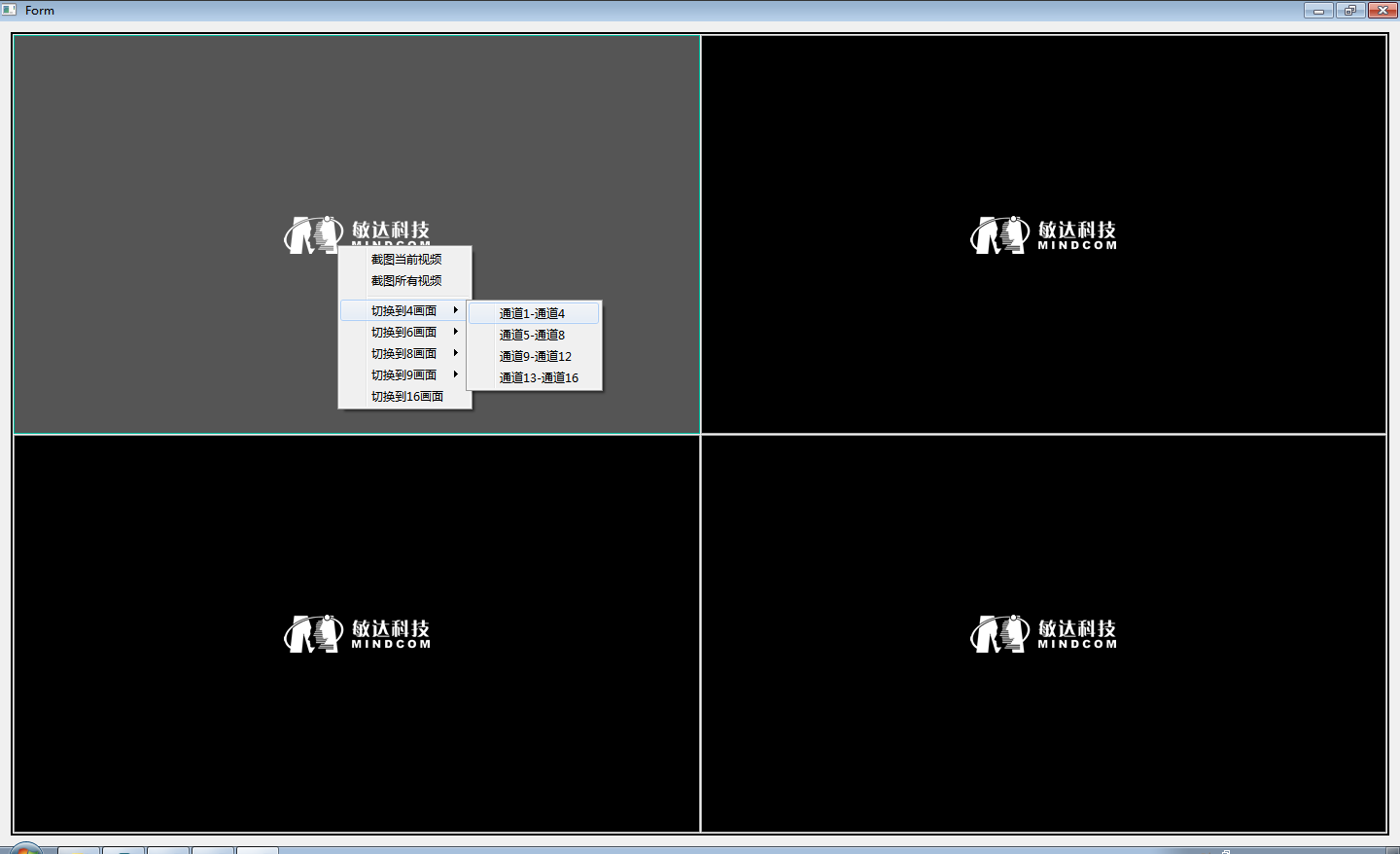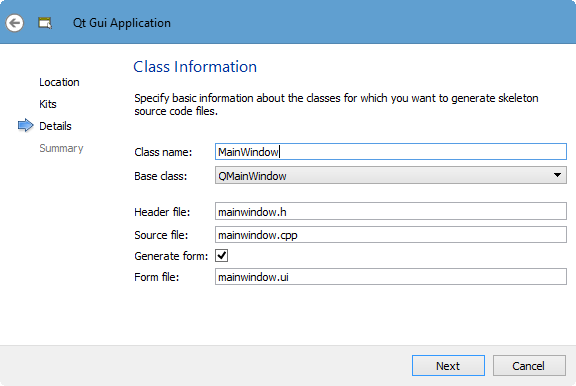Qt Qtimer Signal Slot
Qt - Dealing with Databases; Qt Container Classes; Qt Network; Qt Resource System; QTimer; Basic Usage; QTimer::singleShot simple usage; Simple example; Singleshot Timer with Lambda function as slot; Using QTimer to run code on main thread; Signals and Slots; SQL on Qt; Threading and Concurrency; Using Style Sheets Effectively. So what's the reason to use QTimerEvent for events, if I can connect the QTimer's signal timeout to a correct slot? From what I've read it seems that the signal's parameters must be the same as the slot's. So, how can I connect timeout with, for example: moveEnemy(int newX, int newY)? I'm using something like this. First initialize a timer and connect the timer’s timeout signal to the showTime slot function self.timer=QTimer (self) self.timer.timeout.connect (self.showTime) Use the connected slot function to display the current time, with the system’s current time on the label. This method is actually a slot that is attached to a signal. I would like to add a delay of one sec using Qtimer.However I am not sure on how to accomplish this. Since the timer triggers a signal when its finished and the signal would need to be attached to another method that does not take in any parameters. The QTimer class provides repetitive and single-shot timers. The QTimer class provides a high-level programming interface for timers. To use it, create a QTimer, connect its timeout signal to the appropriate slots, and call start. From then on it will emit the timeout signal at constant intervals.
The QTimer class provides repetitive and single-shot timers. More...
Properties
- active : const bool
- interval : int
- singleShot : bool
- 1 property inherited from QObject
Public Functions
| QTimer(QObject * parent = 0) | |
| ~QTimer() | |
| int | interval() const |
| bool | isActive() const |
| bool | isSingleShot() const |
| void | setInterval(int msec) |
| void | setSingleShot(bool singleShot) |
| int | timerId() const |
- 29 public functions inherited from QObject
Public Slots
- 1 public slot inherited from QObject
Signals
| void | timeout() |
- 1 signal inherited from QObject
Static Public Members
| void | singleShot(int msec, QObject * receiver, const char * member) |
- 7 static public members inherited from QObject
Reimplemented Protected Functions
- 8 protected functions inherited from QObject
Detailed Description
The QTimer class provides repetitive and single-shot timers.
The QTimer class provides a high-level programming interface for timers. To use it, create a QTimer, connect its timeout() signal to the appropriate slots, and call start(). From then on it will emit the timeout() signal at constant intervals.
Example for a one second (1000 millisecond) timer (from the Analog Clock example):
From then on, the update() slot is called every second.
You can set a timer to time out only once by calling setSingleShot(true). You can also use the static QTimer::singleShot() function to call a slot after a specified interval:
In multithreaded applications, you can use QTimer in any thread that has an event loop. To start an event loop from a non-GUI thread, use QThread::exec(). Qt uses the timer's thread affinity to determine which thread will emit the timeout() signal. Because of this, you must start and stop the timer in its thread; it is not possible to start a timer from another thread.
As a special case, a QTimer with a timeout of 0 will time out as soon as all the events in the window system's event queue have been processed. This can be used to do heavy work while providing a snappy user interface:
processOneThing() will from then on be called repeatedly. It should be written in such a way that it always returns quickly (typically after processing one data item) so that Qt can deliver events to widgets and stop the timer as soon as it has done all its work. This is the traditional way of implementing heavy work in GUI applications; multithreading is now becoming available on more and more platforms, and we expect that zero-millisecond QTimers will gradually be replaced by QThreads.
Accuracy and Timer Resolution
Timers will never time out earlier than the specified timeout value and they are not guaranteed to time out at the exact value specified. In many situations, they may time out late by a period of time that depends on the accuracy of the system timers.
The accuracy of timers depends on the underlying operating system and hardware. Most platforms support a resolution of 1 millisecond, though the accuracy of the timer will not equal this resolution in many real-world situations.
If Qt is unable to deliver the requested number of timer clicks, it will silently discard some.
Alternatives to QTimer


An alternative to using QTimer is to call QObject::startTimer() for your object and reimplement the QObject::timerEvent() event handler in your class (which must inherit QObject). The disadvantage is that timerEvent() does not support such high-level features as single-shot timers or signals.
Another alternative to using QTimer is to use QBasicTimer. It is typically less cumbersome than using QObject::startTimer() directly. See Timers for an overview of all three approaches.
Some operating systems limit the number of timers that may be used; Qt tries to work around these limitations.
See also QBasicTimer, QTimerEvent, QObject::timerEvent(), Timers, Analog Clock Example, and Wiggly Example.
Property Documentation
active : const bool
This boolean property is true if the timer is running; otherwise false.
This property was introduced in Qt 4.3.
Access functions:

interval : int
This property holds the timeout interval in milliseconds.
The default value for this property is 0. A QTimer with a timeout interval of 0 will time out as soon as all the events in the window system's event queue have been processed.
Setting the interval of an active timer changes its timerId().
Access functions:
| int | interval() const |
| void | setInterval(int msec) |
See also singleShot.
singleShot : bool
This property holds whether the timer is a single-shot timer.
A single-shot timer fires only once, non-single-shot timers fire every interval milliseconds.
Access functions:
| bool | isSingleShot() const |
| void | setSingleShot(bool singleShot) |
See also interval and singleShot().
Member Function Documentation
QTimer::QTimer(QObject * parent = 0)
Constructs a timer with the given parent.
QTimer::~QTimer()
Destroys the timer.
[static] void QTimer::singleShot(int msec, QObject * receiver, const char * member)
This static function calls a slot after a given time interval.

It is very convenient to use this function because you do not need to bother with a timerEvent or create a local QTimer object.
Example:
This sample program automatically terminates after 10 minutes (600,000 milliseconds).
The receiver is the receiving object and the member is the slot. The time interval is msec milliseconds.
Note: This function is reentrant.
See also setSingleShot() and start().
[slot] void QTimer::start(int msec)
Starts or restarts the timer with a timeout interval of msec milliseconds.
If the timer is already running, it will be stopped and restarted.
If singleShot is true, the timer will be activated only once.
[slot] void QTimer::start()
This function overloads start().
Starts or restarts the timer with the timeout specified in interval.
If the timer is already running, it will be stopped and restarted.
If singleShot is true, the timer will be activated only once.
[slot] void QTimer::stop()
Stops the timer.
See also start().
[signal] void QTimer::timeout()
This signal is emitted when the timer times out.
See also interval, start(), and stop().
[virtual protected] void QTimer::timerEvent(QTimerEvent * e)
Reimplemented from QObject::timerEvent().
int QTimer::timerId() const
Returns the ID of the timer if the timer is running; otherwise returns -1.
© 2016 The Qt Company Ltd. Documentation contributions included herein are the copyrights of their respective owners. The documentation provided herein is licensed under the terms of the GNU Free Documentation License version 1.3 as published by the Free Software Foundation. Qt and respective logos are trademarks of The Qt Company Ltd. in Finland and/or other countries worldwide. All other trademarks are property of their respective owners.
If an operation is performed periodically in the application, such as periodically detecting the CPU value of the host, then the QTimer timer is needed.
When the window’s control receives a Timeout signal, it stops this timer.
QTimer has the method start(milliseconds) and Stop().
Book: Create Desktop Apps with Python PyQt5
Qt Signal Slot Example
QTimer example

The program below has a start and stop button. If you click the start button, it starts a QTimer.
This will update the time every second.
First initialize a timer and connect the timer’s timeout signal to the showTime() slot function
Use the connected slot function to display the current time, with the system’s current time on the label
Qt Qtimer Signal Slot Adapter
Click the Start button to start the timer and disable the button
Click the end button to stop the timer and disable the button
Book: Create Desktop Apps with Python PyQt5